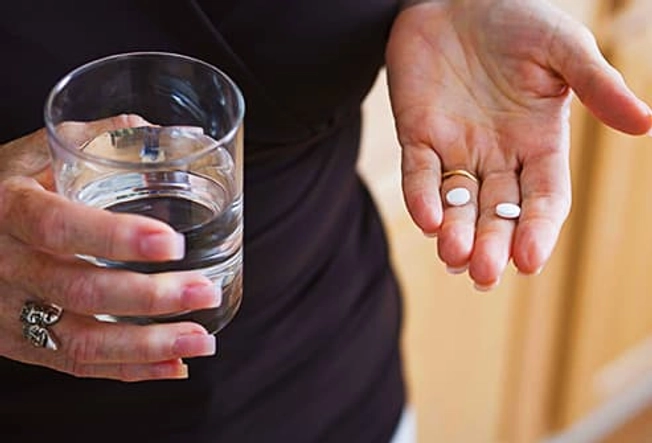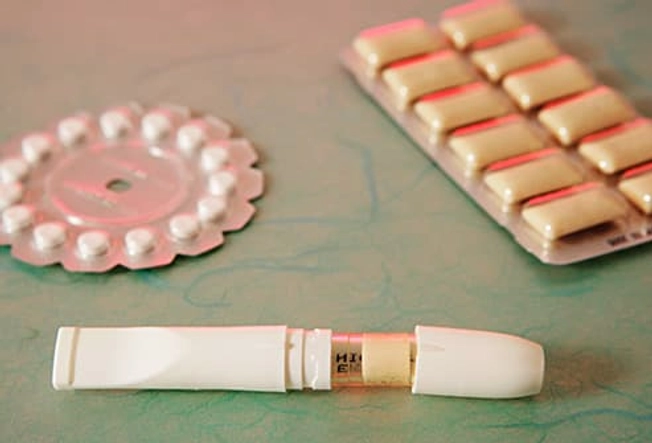Have Heart Disease? Take This Lifestyle Advice


Dial Up Your Diet
You want to make better food choices in favor of lean protein, whole grains, fruits, and vegetables. It’s going to take some time to make the shift. There are apps for most smartphones or tablets to help you. Some can scan items in the grocery store for information, and others can give the nutrition breakdown for the food you eat during the day. Browse your app store to find the right ones for you.

Make Time to Exercise
Work in a workout to reap the benefits of some physical activity. You don’t have to go to the gym to exercise, and you don’t have to commit to long, hard sessions. You can break your training into smaller sets. You can even slip in some exercise at work. Need to make a 10-minute phone call? Put on your headset and walk while you talk.

Mind Your Mood
When you have a serious condition, it is natural to get discouraged, but get help if depression sets in. It’s important to stay active and eat right, and that can be hard to do when you’re down. So be aware of when your spirits get too low. Recognize the signs and talk to your doctor. Treatment may include exercise, talking with a therapist, and, for some people, medication.

Check Your Meds
Some over-the-counter pain medicines can make a heart attack more likely. Ibuprofen and naproxen are NSAIDs, or nonsteroidal anti-inflammatory drugs, and have been linked to heart problems. Ask your doctor what you should take for everyday aches and pains.

Treat Yourself to a Little Chocolate
Chocolate, in small amounts, is good for your heart. Cocoa has nutrients including flavonoids and antioxidants, both of which support cardiac health. It’s best to choose dark chocolate without a lot of fat-adding ingredients such as peanut butter. Enjoy! But try to limit yourself to 1-2 ounces per week.

Get a Flu Shot
If you already have heart disease, your body might not have as much strength to fight off the flu, which can make you more likely to have a heart attack or get pneumonia.
So get vaccinated every year by October, to help avoid catching it. You’ll need the flu shot, not the nasal spray version of the flu vaccine.

Turn Down Your Snore Volume
Does your partner complain you’re a noisy sleeper? You may have sleep apnea, which is strongly linked to heart disease. Pay attention to your body and know when you don’t get enough sleep. Talk to your doctor. You may need to spend a night in a sleep lab to get a better idea of what keeps you up.

Keep Calm and Relax
Make it a priority to de-stress and avoid anxiety. Find ways that work for you, whether its meditation or prayer, exercise, or a hobby you love. You can also ask your doctor about stress management classes or support groups for people with heart disease.

If You Smoke Anything, Stop
Whether you choose an old-fashioned method such as cold turkey or one of the many quit-smoking medicines, you can find plenty of ways to kick the habit. Nicotine comes in many forms such as lozenges, gum, and inhalers. Pills and quit-smoking support groups might help, too. Vaping is not a safe option. It might not carry the same cancer risk as smoking regular cigarettes, but you still get nicotine, which can damage heart cells.

Ask About Your Drinking Habits
If you don't drink alcohol, a diagnosis of heart disease is no reason to start. And if you do drink, moderation is the key. Women can have up to one drink per day. For men, it’s two or fewer. Check with your doctor. You may have heard that wine is better for you than other types, but the research on that isn’t clear. Too much alcohol of any kind can raise the levels of some blood fats and lead to high blood pressure and heart failure.

Keep Up With Your Care
Your blood pressure, cholesterol, and blood sugar levels are just a few of the things your doctor will check on regularly. Your doctor may want you to measure blood pressure at home. That can help show how you’re doing over a period of time. Some people get stressed during checkups, which can drive up your numbers. So if you check it at home or in stores, jot down your results then, too.